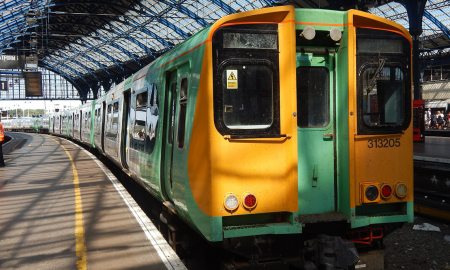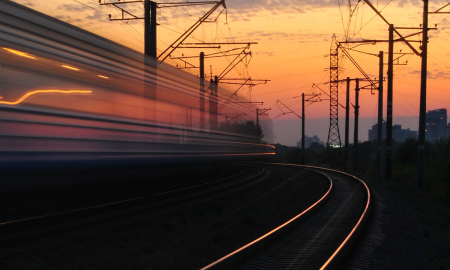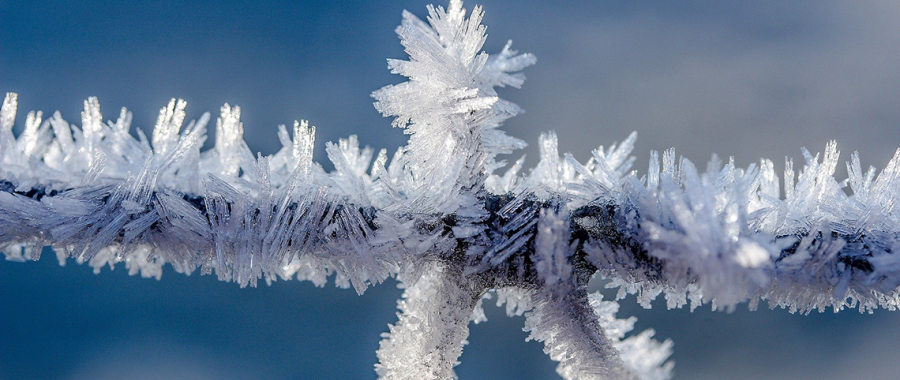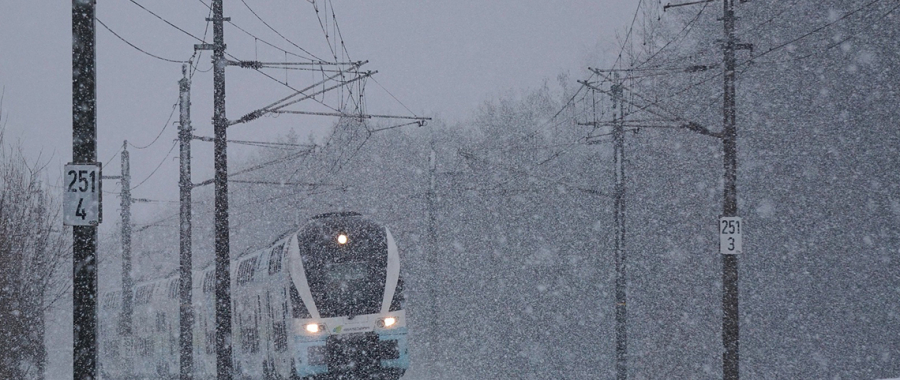Top Tips for
the Winterisation
of Rail Operations
Winter is on its way, and with this comes a whole host of potential problems for the winterisation of rail operations, keeping trains running safely and to schedule.
Here, David Gilmour, business manager – East Kilbride, Built Environment Services, SOCOTEC, has put together his top tips for keeping our railways operational during the worst of the winter weather.
1. Consider updating your winterisation chemicals
How many different chemicals do you stock for winterisation? When did you last review the suitability of those chemicals? I regularly see sites with up to 30 or 40 different winterisation chemicals in use and more often than not these could be reduced by a significant number. Many of the modern chemicals now available are designed for multiple uses, therefore saving on costs, reducing the storage space required and streamlining your winterisation processes.
2. Assess the suitability of your equipment
Do you have enough equipment on site for effective chemical application? Each chemical has its own optimum concentration level at which it will provide the best performance. Certain chemicals may perform better when applied by hand while others should be applied with specialist equipment. It is also important to avoid any cross-contamination of equipment; by using dedicated apparatus for each chemical you can prevent unnecessary equipment failure.
3. Check your stock levels
Do you have sufficient chemical stock for the winter period? Appropriate stock levels vary dependant on the size and location of your site. For example, a large depot in Scotland is much more likely to require high levels of stock than a smaller depot in the South of England. It is always advisable to start planning ahead of time and order your winterisation chemicals as early as possible to ensure you are not caught out by unseasonal weather conditions.
4. Test your closed systems systems
When was the last time you checked the condition of your closed water systems? Winter is the worst time for your heating to fail so be prepared and ensure that there is suitable and sufficient corrosion inhibitor within your circuit. Fouling and corrosion can cause inefficient performance and long term damage so in order to extend the life of your system it is important to keep it properly maintained. Chilled water systems with insufficient glycol (anti-freeze) reserves can increase bacterial activity and/or cause pipework failure.
5. Inspect wash plant equipment
A large number of carriage washes have an automatic frost detection system with a shut-off feature when the temperature drops below a specified threshold but it is important to regularly check that this is operating correctly. Frost detection system failure can result in exterior damage to rolling stock or breakdown of the carriage wash machine itself. It is also vital to ensure associated pipework and water storage tanks are sufficiently insulated to prevent damage.
6. Review your site procedures
We recommend carrying out an annual audit of winterisation procedures, preferably in late October or early November to allow time for any action to be implemented. However, it is not too late to review procedures and put in place efficiencies for the remainder of the winter period.
7. Renew staff training
Any changes to the chemicals, equipment or procedures used on site requires employee training. This not only covers the handling of chemicals but also the personal protection equipment (PPE) which should be worn during chemical application.
8. Update your COSHH Assessment
Remember that if you update your chemicals or equipment you will need to update your COSHH assessments accordingly.
The cold weather brings with it many new challenges to keeping our railways running to schedule, however with proper preparation, train operators and facilities managers can be sure they are ready for the worst winter can throw at them.
For more information or advice on winterisation audits, please get in touch with our team at salesuk@socotec.com
SOCOTEC's team of experts are well equipped to advise your rail organisation on how to remain safe and compliant in the winter months.
For more information or advice on winterisation audits, please get in touch with our team.






Add new comment